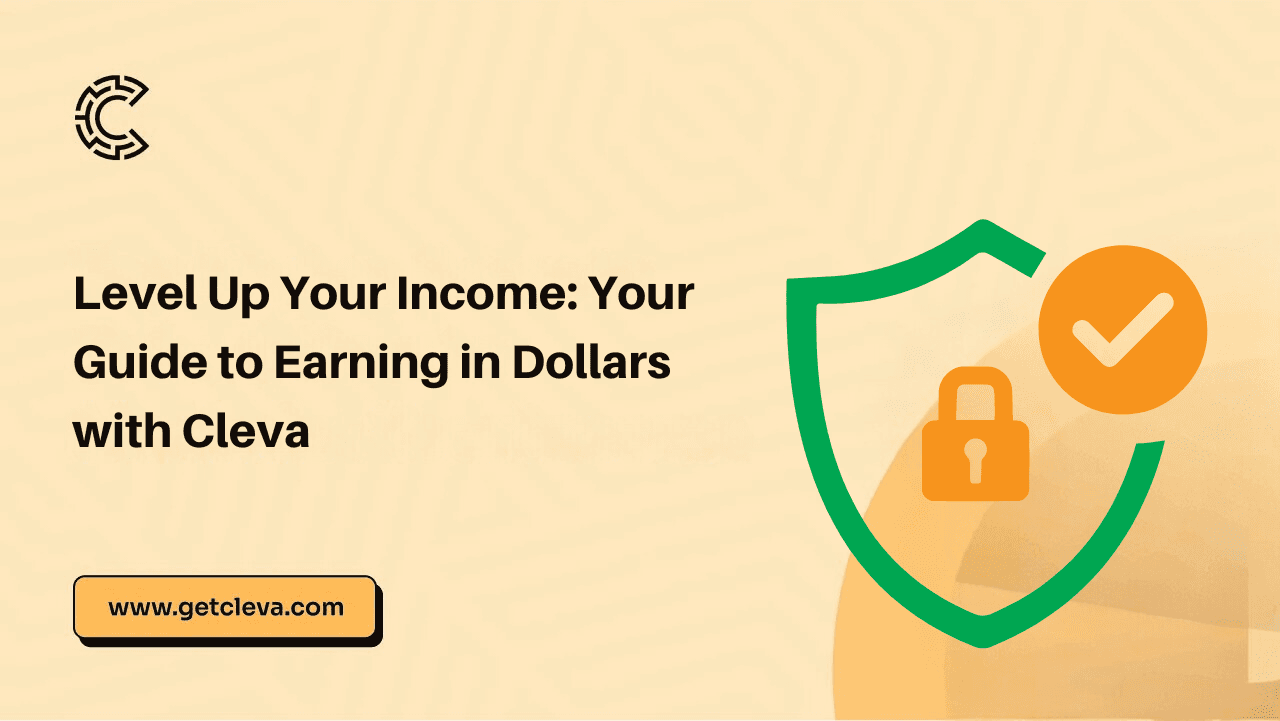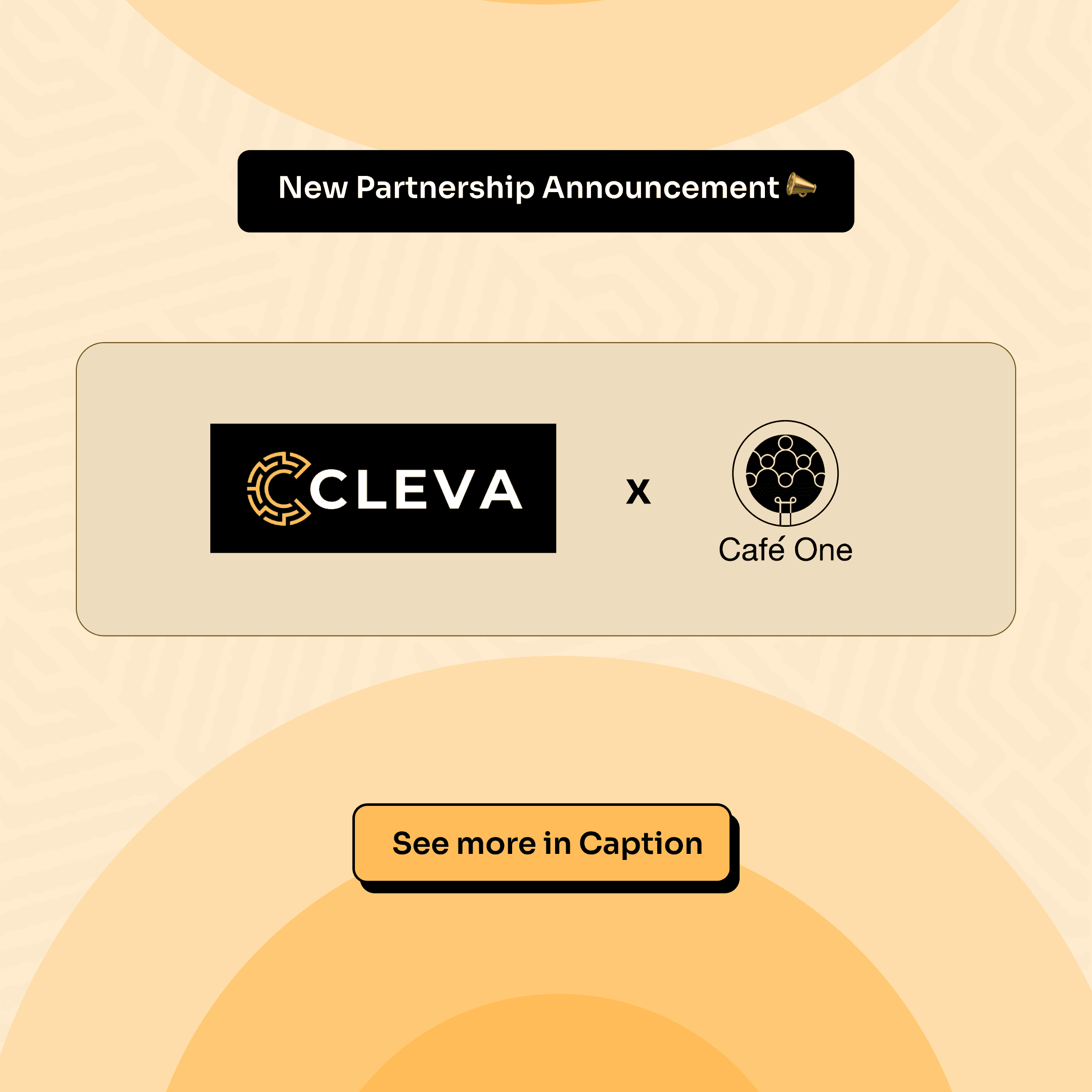
When considering financial literacy, we often focus on practical skills like earning money, budgeting and investing. But there’s a whole emotional side to our relationship with money that’s just as important. Our financial behaviours and attitudes are deeply rooted in our past experiences. This is where the concept of financial trauma comes into play and it’s more common than you might think.
What is Financial Trauma?
Financial trauma, a concept that’s gaining recognition, refers to the emotional and psychological impact of stressful financial experiences, hardship, or loss. It’s not just about big or dramatic events. Sometimes, it’s the constant worry of ongoing financial stress that leaves people scarred.
As financial therapist Thomas Faupl explains in a New York Times article titled “How to Deal with Financial Trauma”, “Financial trauma can cause negative thoughts, flashbacks and anxiety — symptoms that mirror post-traumatic stress disorder, or PTSD. Unlike everyday stress, trauma doesn’t wax and wane. It ends up injuring your relationship with money.”
Consider Mirabel, a freelance graphic designer who started earning in dollars during the pandemic through platforms like Fiverr. Growing up, she watched her parents constantly battle with the fluctuating usd to naira rate and struggle to access stable banking services.
Now that she earns in USD, she still finds herself obsessively checking the usd to naira black market rate and hoarding her earnings in her Cleva USD bank account, too afraid to spend, even on tools that could help her grow her business.
Or take Samuel, a remote software developer for a US-based startup. He lost his first remote job during COVID-19 and spent months scraping by doing contract gigs. Even though he now earns consistently and uses his Cleva virtual card for subscriptions and business tools, the memory of sudden income loss still lingers. He prefers to keep most of his earnings in his Cleva USD account, where he feels more in control and protected from naira devaluation but he sometimes struggles with the fear of taking further financial steps, like investing or expanding his income streams.
These are just two examples of how financial trauma can manifest.
Other sources might include:
- Sudden loss of income or savings.
- Overwhelming debt.
- Financial abuse in relationships or family.
- Bankruptcy.
- Growing up in poverty.
Signs You Might Be Dealing With Financial Trauma
- Extreme anxiety about money: Are you constantly worried about running out of money or making ends meet? This persistent fear can lead to feelings of overwhelm, making everyday financial tasks feel challenging.
- Avoidance behaviours: Do you procrastinate planning your bill payments, or reviewing bank accounts or statements due to fear? These avoidance habits can worsen financial problems and create more stress.
- Emotional spending: Do you turn to shopping, eating out a lot or overspending to cope with stress, anxiety, or negative emotions? Emotional spending can provide temporary relief but ultimately intensify financial struggles.
- Excessive frugality: Do you excessively restrict spending, even on essential needs or small pleasures, due to fear of financial insecurity? This extreme frugality can impact relationships, mental health, and overall well-being.
- Difficulty making future financial decisions: Are you paralyzed by fear or uncertainty when faced with financial choices, from small purchases to long-term investments? This indecision can stem from lack of confidence or past financial regrets.
- Shame or secrecy about money: Do you hide your financial struggles, debt or even major financial successes from close friends, family, or a partner due to fear of judgment or guilt? This secrecy, in either direction, can lead to feelings of isolation and prevent seeking help or open conversations about financial goals.
- Physical symptoms: Do you experience headaches, insomnia, or stomach issues when dealing with money matters? You just might be struggling with financial trauma.
Recognizing and acknowledging these signs can be the first step towards addressing financial trauma.
The Impact on Your Financial Decisions
Financial trauma doesn’t just affect your emotions but it can deeply impact your financial decisions and overall well-being.
This kind of trauma response can lead to:
- Impulsive financial decisions driven by fear or anxiety.
- Inability to set and work toward long-term financial goals.
- Strained relationships due to differing financial perspectives.
- Missed opportunities for financial growth and stability.
- Increased vulnerability to financial scams, especially Ponzi schemes.
It’s important to highlight the last point because a lot of people in Nigeria have fallen and are sadly still falling prey to Ponzi schemes and other high-risk platforms masked as legitimate opportunities.
People who have experienced financial trauma may become more susceptible to these kinds of scams. This vulnerability often stems from a desperate desire to recover lost finances quickly or to finally achieve the financial stability they feel has always been out of reach.
For instance, someone who has suffered significant financial losses might be more inclined to believe promises of high and unrealistic guaranteed returns. Platforms like CBEX, which recently crumbled, exploited this exact mindset, promising stability while preying on people’s fears and hopes.
Trauma-induced anxiety about money can cloud judgment, making it harder to spot red flags that would be obvious to others. And because financial trauma is often accompanied by shame or secrecy, many people avoid seeking advice or second opinions on investment decisions, which further increases their risk.
This trauma response creates a vicious cycle. The same behaviours and thought patterns that stem from financial trauma like extreme risk aversion or, on the flip side, taking reckless financial risk can lead to even more setbacks, reinforcing the trauma over time.
Breaking Free from Financial Trauma
Overcoming financial trauma is a journey. It’s okay to take it one step at a time. Here are some simple strategies that can help:
- Acknowledge your experiences: Recognize that your feelings about money come from real experiences. It’s not a character flaw.
- Seek support: Consider talking to a certified finance coach who specializes in money issues. Sometimes, having an objective perspective can make a world of difference.
- Educate yourself: The more you understand personal finance, the more confident you’ll feel. Start small. Learn how usd to naira works. Understand how tools like a USD bank account can protect your earnings from inflation.
Additionally, learn how to distinguish fake platforms from legitimate ones. One way to ensure a platform is trustworthy is by checking its certifications from top bodies, such as FinCEN (Financial Crimes Enforcement Network) and other regulatory authorities. Cleva, for example, is certified by FinCEN and is NDPR-compliant, ensuring your financial security and trust in our platform. - Practice self-compassion: Forgive yourself for past financial mistakes. You’re not alone, and you’re not behind.
- Set tiny goals: Even saving $10 or sticking to a monthly budget is progress. Small wins build momentum.
- Use safe tools: Avoid risky shortcuts like Ponzi schemes. Always research financial platforms thoroughly before committing your money. Use trusted platforms like Cleva to manage your money. With Cleva virtual cards, USD and Naira accounts, and detailed statements, you can track every transaction and make informed choices.
Embracing Financial Wellness with Cleva
At Cleva, we understand how past money struggles can shape your present mindset. That’s why we offer tools designed to help you feel more in control, whether you’re saving, spending, or earning in dollars.
With Cleva, you can:
- Open a USD or Naira account in minutes.
- Get a virtual dollar card that works for international payments.
- Track your income and expenses with detailed monthly statements.
- Use Cleva tags to stay organized with your money.
- Earn Cleva Points as you use your account and redeem as dollars.
Whether you’re a freelancer, remote worker, or creative, Cleva gives you the financial clarity and control you need to move forward.
Conclusion
Financial trauma runs deep, but it doesn’t have to define your future. Healing from financial trauma is not only about looking inward; it is also about finding the right tools and support systems to help you build a better future.
Cleva offers a safe and simple way to manage your money with confidence. Whether you are earning in USD, shopping online with a virtual card, or protecting your income from the usd to naira fluctuations, Cleva gives you control, clarity, and peace of mind.
Ready to take charge of your financial future?
Download the Cleva app and start building healthier money habits today.
Share this article


